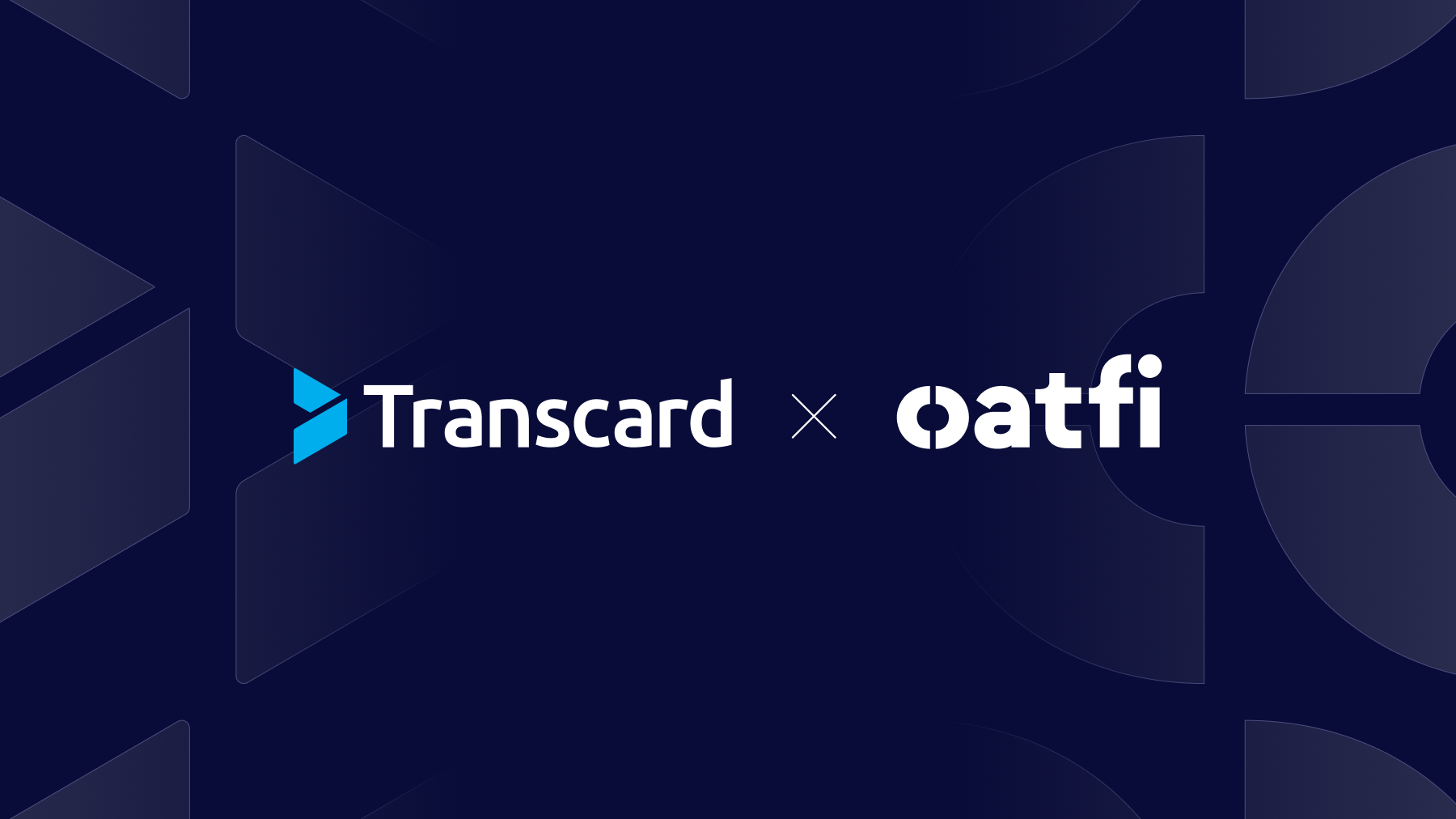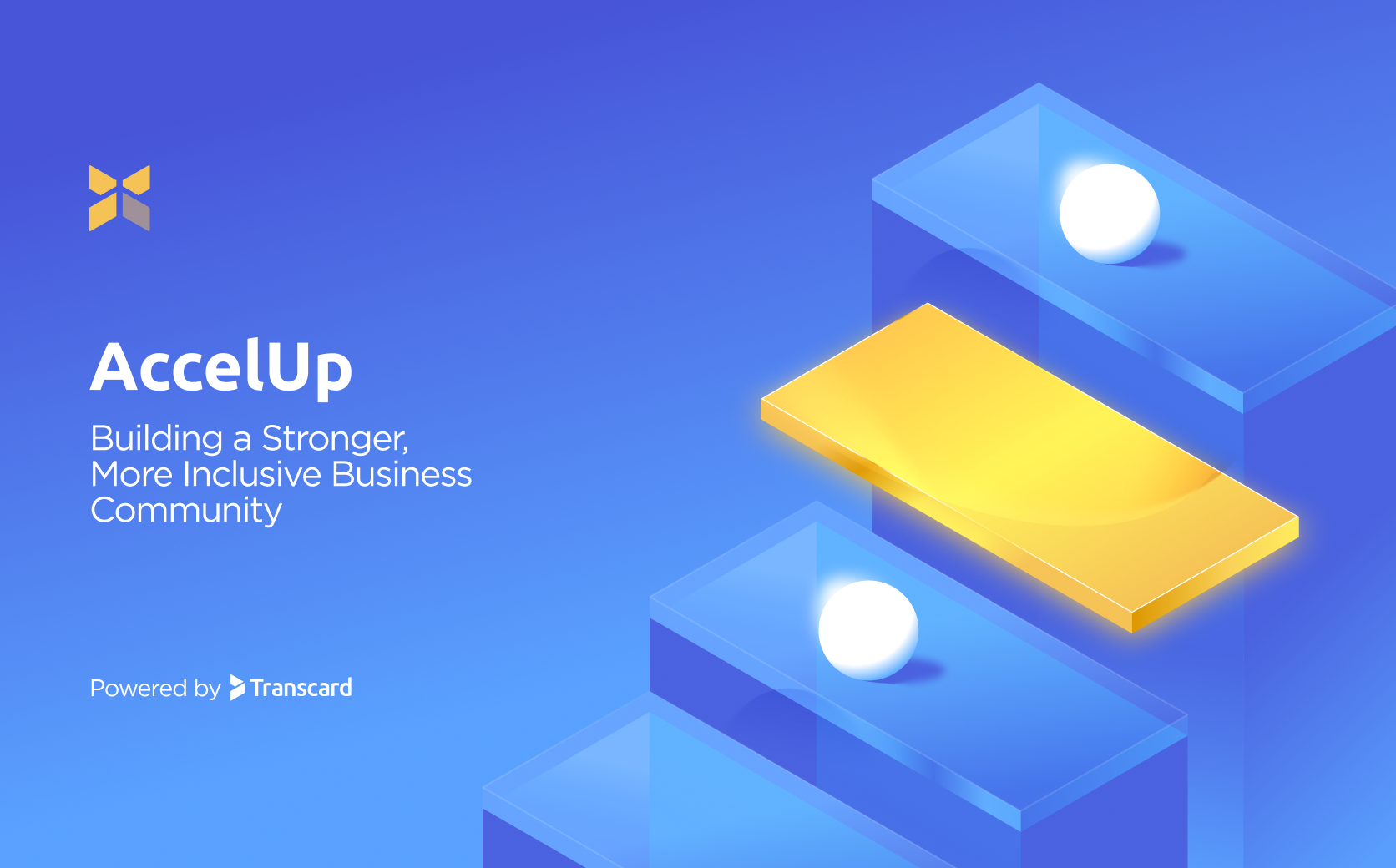There has been a real change in today’s business environment. More people than ever are operating in the so-called “Gig Economy.” The Gig Economy consists of freelancers and contractors who are key to how business gets done. The ongoing challenge for businesses is how do we pay these workers in an efficient, effective, and accurate way?
Mark Brousseau, President at Brousseau & Associates, discusses key topics surrounding digital payments and new technology solutions available for the gig economy.
In the past, these types of payments had to go on a payroll card. But today, there are a plethora of payment solutions to pay them more effortlessly than ever; and, in some cases, using Real-time Payments we can also pay them faster than ever. This means that not only do the workers receive their payments more efficiently, boosting their happiness in working with your company, but it also means the payments process for the business is simplified.
How to Adjust Payments Processes in the Gig Economy
Another challenge here is how do we as employers manage this process for the gig workers as the number of players in the gig economy continues to multiply quickly? Paying workers the way the want to be paid sounds like a terrific idea until you remember that someone has to manage this previously daunting process. And this is where omni-channel payments platforms really shine.
An omni-channel payments platform with built in workflows will allow the administrator to issue a payment to a worker or workers from a singular, user friendly portal and notify the worker that they have a payment to receive immediately. The document surrounding the work that was done, the pay rate, and any other messaging or digital signatures are attached to the transaction - so it’s automatically reconciled.
For the worker the process is just as simple. When the first payment is issued the worker will receive a notification and select from a list the way they want to receive their payment (for example: ACH, a virtual card, an instant payment like Mastercard Send, etc.) They will then go through a one-time set-up and have their payment process. The next time they have a payment to receive they will get a notification, choose to accept, and resume business as usual. It’s that simple.
3 Trends Impacting Business Payments
There are really 3 trends that are transforming the way businesses are making payments to their suppliers today:
- Electronic Payments
Businesses have had enough of paper checks. They’re moving toward electronic payments that are faster, less error prone, more timely, and less likely to frustrate their suppliers and internal stakeholders.
- Holistic Payments
There is a growing number of business understanding and utilizing the benefits that surround holistic payments, which consist of payment types like virtual cards, ACH, and global payments. These payment programs ultimately optimize the mix of payments to suppliers rather than just automate them.
- Data-Rich Payments
Companies are also moving toward faster, more data-rich payments. Businesses are making payments faster than ever, with more remittance data than ever to make it easier for their suppliers to reconcile, post, and apply payments.
If simplifying payments to your gig workers while boosting their satisfaction with your company sounds like a move in the right direction for your company, drop us a line at transcard.com/contact. We already have the most satisfied customers in our industry according to Aite’s recent report Nonbank Money Transfer Platforms for B2C Disbursements. We’re excited to help you achieve similar rankings in your industry.




